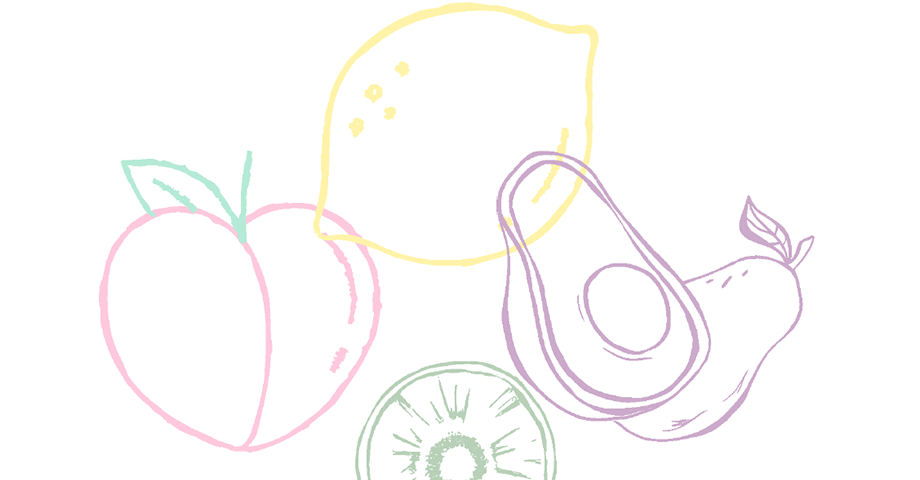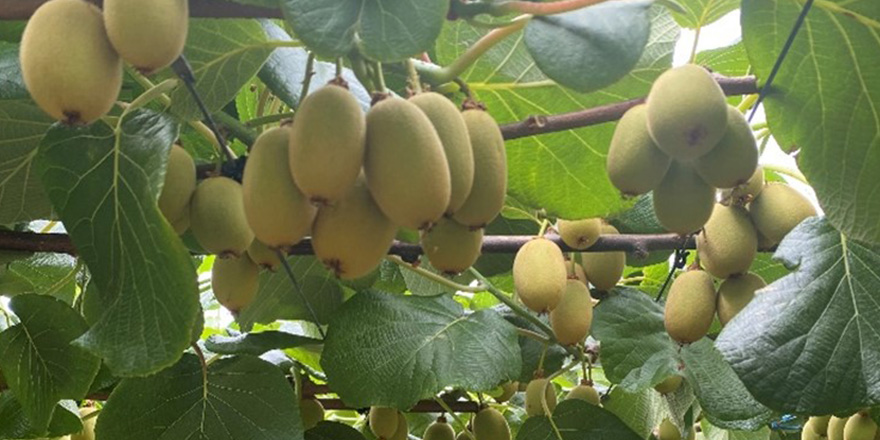
Executive summary
Background
The New Zealand beef cattle industry is a significant contributor to New Zealand’s export revenue. As modern farm systems have increased in scale, understanding of animal behaviour has declined. Cattle handlers have reverted to natural tendencies attempting to work cattle using fear and predator-type aggression. This behaviour increases the risk of injuries to both people and cattle resulting in devalued product and people leaving the industry. Handling cattle poorly risks the loss of consumer trust in New Zealand beef cattle farm systems.
Low stress handling is a higher form of stockmanship with techniques that enable those in charge of livestock to effectively manage animal psychology and wellbeing. Benefits from improved handling include operational efficiency, improved livestock production, and optimised product value.
Aims and Objectives
This report aims to:
- Gain understanding of low stress cattle handling and how it can be applied in New Zealand.
- Show the effects that improved cattle handling have on people, cattle and cattle products.
- Acquire insight to current handling training systems and seek opportunities for improvement.
- Review handling training standards of New Zealand and overseas farm assurance programs.
Methodology
Information was gathered from various literature including scientific articles, current industry data, and social media posts. Much of the information was sourced from overseas but reviewed in a New Zealand context.
Interviews were carried out with a range of industry participants. Questions were designed to encourage discussion, thereby gaining insight to ensure the project outcomes were relevant.
Key Findings
Low stress handling principles benefit individuals and the combined New Zealand Food and Fibre sector. Culturally implementing better livestock handling in New Zealand will require leadership at all levels of industry from regulators, educators, agricultural service providers, and producers.
Low stress cattle handling is a higher level of stockmanship correlating strongly with people leadership.
Recommendations
- Review educational standards and training resources to ensure they take full advantage of best practices both in New Zealand and overseas.
- Ensure on-farm training is carried out by skilled, not just experienced people who understand the complexities of stockmanship and their coaching and mentoring role.
- Utilise external providers, and other resources as they become available to build capability on farm and within service and processing companies.
- Reflect on progress as it happens, be involved in the process and enjoy success.
Iain Inglis




